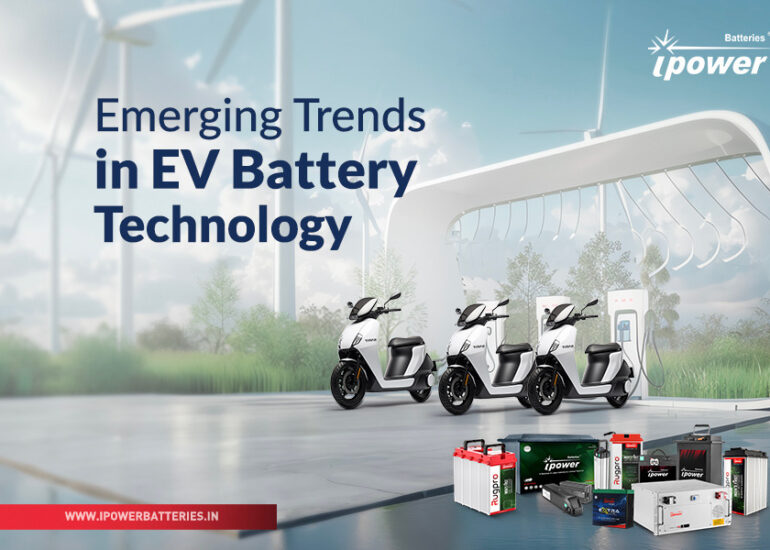The global shift towards sustainable transportation has brought electric two-wheelers to the forefront, with lithium batteries playing a central role. However, this transition is not without its challenges. In this blog, we will delve into the complexities of designing and manufacturing lithium batteries for two-wheelers, highlighting the hurdles that industry faces and the innovative solutions being developed.
Design Considerations
a. Energy Density
One of the primary design challenges is achieving high energy density. Two-wheelers, unlike cars, have limited space to house batteries. Therefore, the batteries must store enough energy to ensure a decent range without increasing the size or weight significantly. Achieving this balance is crucial for maintaining the vehicle’s performance and handling characteristics.
b. Safety Concerns
Lithium batteries, while efficient, pose safety risks, particularly in terms of thermal management. Overheating can lead to thermal runaway, potentially causing fires or explosions. Designing batteries that are capable of efficient heat dissipation, especially in the compact space of a two-wheeler, is a significant challenge.
c. Durability and Longevity
Two-wheelers are often exposed to a variety of environmental conditions, such as vibrations, temperature fluctuations, and impacts. Batteries must be designed to withstand these conditions over time without degrading in performance.
Manufacturing Hurdles
a. Consistency and Quality Control
Producing lithium batteries at scale requires stringent quality control to ensure consistency. Minor variations in the manufacturing process can lead to significant differences in battery performance and lifespan. This consistency is even more critical in two-wheelers, where the battery often constitutes a significant portion of the vehicle’s value.
b. Material Sourcing and Sustainability
The sourcing of raw materials for lithium batteries, such as cobalt and lithium, raises concerns about sustainability and ethical mining practices. Additionally, the demand for these materials is rapidly increasing, leading to supply chain challenges.
c. Cost Efficiency
Keeping the manufacturing process cost-effective without compromising on quality is a constant challenge. The cost of lithium batteries significantly influences the overall price of electric two-wheelers, which needs to be competitive with traditional gasoline-powered models.
Technological Innovations and Solutions
a. Advanced Battery Chemistry
Researchers are exploring alternative chemistries, such as lithium-sulfur or solid-state batteries, which promise higher energy densities and improved safety profiles. These innovations could potentially overcome many current limitations.
b. Thermal Management Systems
Innovations in thermal management, including advanced cooling systems and heat-dissipating battery materials, are critical for safety. These systems are being designed to be more compact and efficient, specifically tailored for the limited space in two-wheelers.
c. Modular and Swappable Designs
Some manufacturers are developing modular battery systems that can be easily swapped out. This approach not only addresses range concerns but also adds to the convenience, allowing users to quickly exchange depleted batteries for charged ones at designated stations.
The journey towards efficient and safe lithium batteries for two-wheelers is filled with challenges, but also opportunities. With continued research, innovation, and collaboration between industry, academia, and regulatory bodies, the future of electric two-wheelers looks promising. As battery technology advances, we can expect to see more efficient, reliable, and sustainable electric two-wheelers on the roads.
In conclusion, while the design and manufacturing challenges of lithium batteries for two-wheelers are significant, they are not insurmountable. The industry is rapidly evolving, driven by technological advancements and a strong commitment to sustainability. The electric two-wheeler market is poised for significant growth, and lithium batteries will undoubtedly play a pivotal role in this transition.






The blog was very learning. and useful. I discovered a lot of new things.
I hope you continue to upload blogs.